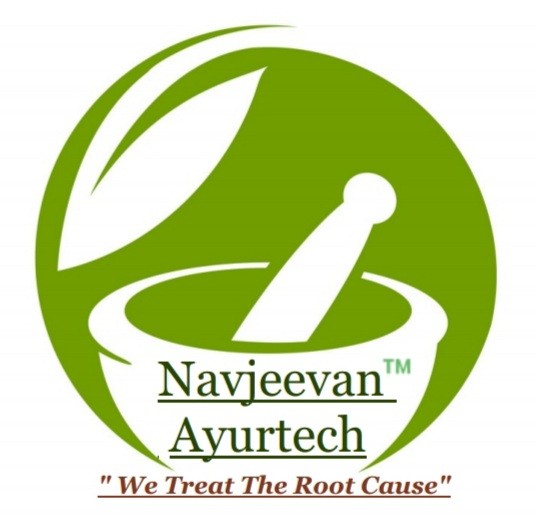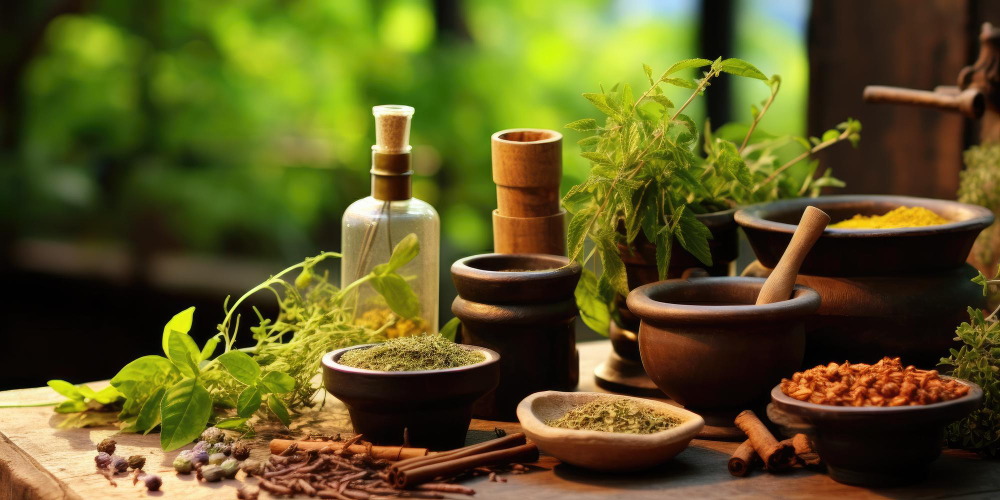Endometriosis is a common condition that affects many women, yet it remains misunderstood by many. It occurs when tissue similar to the lining inside the uterus grows outside of it, leading to pain, irregular periods, and even infertility. Women with endometriosis often deal with discomfort that can significantly alter their quality of life.
Conventional treatments, like medications and surgeries, can provide relief, but they also carry potential side effects and risks. Many women feel worried about these options because they may not be effective for all and can be quite invasive.
Fortunately, Ayurvedic treatment for Endometriosis offers a holistic approach to managing symptoms naturally. Ayurveda is an ancient health system from India that focuses on balancing the body, mind, and spirit. It provides relief without harsh side effects, making it a gentle alternative or complement to traditional treatment methods.
The Ayurvedic Perspective on Endometriosis and Dosha Imbalances
In Ayurveda, endometriosis is linked to imbalances in two doshas, Vata and Kapha. These doshas are thought to govern different body functions. Vata imbalances can cause irregular tissue growth, while Kapha can contribute to the accumulation of toxins in the body.
Ayurveda views digestion, or Agni, as a core part of health. Poor digestion can lead to Ama, or toxins, which can worsen endometriosis. Hormonal imbalances, often a problem with endometriosis, are also viewed through this lens of imbalance.
By understanding these imbalances, Ayurveda helps in identifying the root causes of health issues. This ancient practice emphasizes restoring balance to Vata and Kapha, improving digestion, and removing toxins.
Ayurvedic Solutions: Herbs, Diet, and Lifestyle for Sustainable Relief
1. Detoxification and Panchakarma: Panchakarma is a series of cleansing treatments aimed at detoxifying the body. It’s a cornerstone of endometriosis treatment with Ayurveda. Treatments like Yoga Basti—herbal enema therapy—are commonly used to alleviate symptoms without side effects. 2. Herbs for Endometriosis: * Shatavari: Known for its hormone-balancing properties, Shatavari can ease many symptoms of endometriosis. * Ashoka: This herb is praised for its ability to soothe the uterus and regulate menstruation. * Turmeric: Famous for its anti-inflammatory properties, turmeric can help reduce pain and swelling. 3. Shatavari: Known for its hormone-balancing properties, Shatavari can ease many symptoms of endometriosis. 4. Ashoka: This herb is praised for its ability to soothe the uterus and regulate menstruation. 5. Turmeric: Famous for its anti-inflammatory properties, turmeric can help reduce pain and swelling. 6. Dietary Recommendations: An Ayurvedic diet for endometriosis focuses on light, easily digestible foods. * Consume warm, cooked meals rather than raw foods. * Integrate anti-inflammatory foods like ginger and turmeric into dishes. * Avoid overly spicy or processed foods as they can disrupt digestion. 7. Consume warm, cooked meals rather than raw foods. 8. Integrate anti-inflammatory foods like ginger and turmeric into dishes. 9. Avoid overly spicy or processed foods as they can disrupt digestion. 10. Lifestyle Changes: * Incorporate yoga, pranayama (breathing exercises), and meditation into daily routines to help alleviate stress. * Regular physical activity supports both mental and physical health. 11. Incorporate yoga, pranayama (breathing exercises), and meditation into daily routines to help alleviate stress. 12. Regular physical activity supports both mental and physical health.
- Shatavari: Known for its hormone-balancing properties, Shatavari can ease many symptoms of endometriosis.
- Ashoka: This herb is praised for its ability to soothe the uterus and regulate menstruation.
- Turmeric: Famous for its anti-inflammatory properties, turmeric can help reduce pain and swelling.
- Consume warm, cooked meals rather than raw foods.
- Integrate anti-inflammatory foods like ginger and turmeric into dishes.
- Avoid overly spicy or processed foods as they can disrupt digestion.
- Incorporate yoga, pranayama (breathing exercises), and meditation into daily routines to help alleviate stress.
- Regular physical activity supports both mental and physical health.
These practices aim to offer Ayurvedic pain relief for endometriosis while promoting overall wellbeing.
Integrating Ayurveda with Conventional Treatments for Holistic Health
Adopting a holistic approach to endometriosis can improve long-term health. By blending Ayurveda with conventional methods, women can manage chronic pain more sustainably.
Conventional methods often have side effects that Ayurveda helps to mitigate. The holistic care plan aims to harness the strengths of both approaches while minimizing drawbacks. Thus, ongoing assessments by a qualified practitioner are essential for optimal Ayurvedic endometriosis management.
The long term benefits of Ayurvedic treatment for Endometriosis can contribute to a healthier, more balanced life. Considering Ayurveda as a complementary option can empower women in their health journey and provide relief in a gentle, nurturing way.

